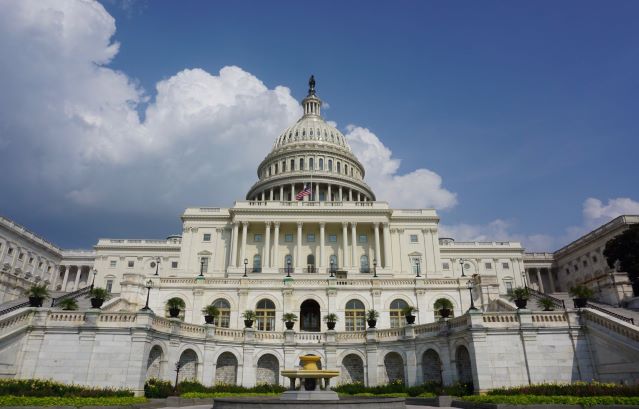
13 Sep Service
On a cold January day in 1961, John F. Kennedy spoke words that will live forever in our country’s history: “And so my fellow Americans: ask not what your country can do for you—ask what you can do for your country.”
President Kennedy’s famous Inaugural Address, after a hotly contested 1960 election, was promoting the principle of service. He was calling for all Americans to serve their country to the best of their individual abilities. Principle Based Politics agrees wholeheartedly with that call to service. And we think it indeed applies to us and to all of our fellow Americans.
Servant Leadership
Politicians are people, too. We believe the call to service applies not just to the rank-and-file citizens, but also to our political leaders. Individual leaders, we think President Kennedy would say, should ask what they can do for their country. Moreover, elected officials’ positions of power come with the responsibility to lead government institutions to serve the people. These officials should ask what those institutions can do to help, as well.
As voters, we should seek out candidates who demonstrate the desire not to be served, but to serve others individually and through the government they control.
Principle Based Politics, of course, did not invent the concept that sometimes is called “servant leadership.” The concept has been increasingly popularized since Robert K. Greenleaf wrote about it 50 years ago. We will not go into all of the details here; suffice it to say many leaders and companies at least say they are following Greenleaf’s philosophy. The central point we see is that leaders act most helpfully when carrying out President Kennedy’s spirit of service.
To be clear, service to all of the people, balances two factors: (1) the need of all persons to have their taxes kept as low as possible and (2) the need of some people for government assistance to meet their basic needs. It is a delicate balance, one that is further complicated because overserving people may perpetually render them dependent on the government, which actually does them a disservice. The old adage “give a man a fish and he can eat for a day…teach a man to fish and he can eat for a lifetime” comes to mind.
A politician adheres to the principle of service, for example, by advocating for government programs that are sincerely designed to be compassionate and optimal for all concerned, rather than positions designed to win an election. The latter types of positions are self-serving. The principle of self-service does not make our Top 7 (or Top 7,000).
Use of Gifts and Talents
For the last twenty years or so, your blogger’s wife has led a team at our church that helps people find out how best to serve. The goal, in short, is to discern whether someone would be a more effective missionary, church grounds keeper, choir member, trustee, etc. The discernment process involves, first, determining what special “gifts” the person has been given, and, second, determining the “passions” that inspire the person. The last step is to match those gifts and passions with an available opportunity for service.
By analogy, if our federal officials took a class like this, presumably they would have talents like “leadership,” “administration,” “wisdom,” “knowledge,” and so forth. If a candidate or elected official does not seem to possess these gifts, he or she probably would not be encouraged to run for federal office, we trust. The second step—revealing passion areas—therefore likely is the central criterion for determining whether to nominate, elect, or reelect a person to lead our country. If a candidate displays the requisite passion to serve others and the United States of America as a whole, that person satisfies the principle of service.
Coupling the gifts of leadership, administration, wisdom, and knowledge with a passion for service is what we need in politics.
Written by Quentin R. Wittrock, founder of Principle Based Politics.
Look for his posts each week, as this blog will explore and promote the idea of principle in politics, both as to individual elected leaders and our federal government as an institution.


Erika Sievers
Posted at 18:51h, 16 SeptemberGreat post!
Admin
Posted at 18:56h, 16 SeptemberThanks for your comment!